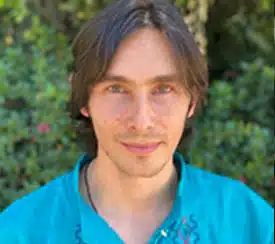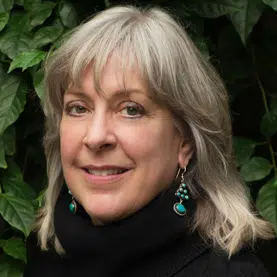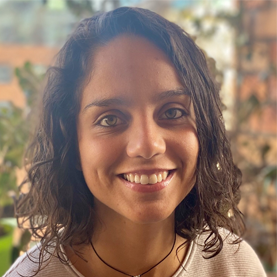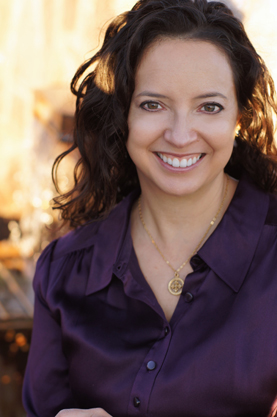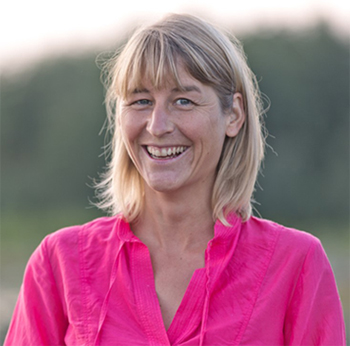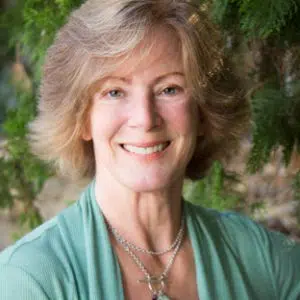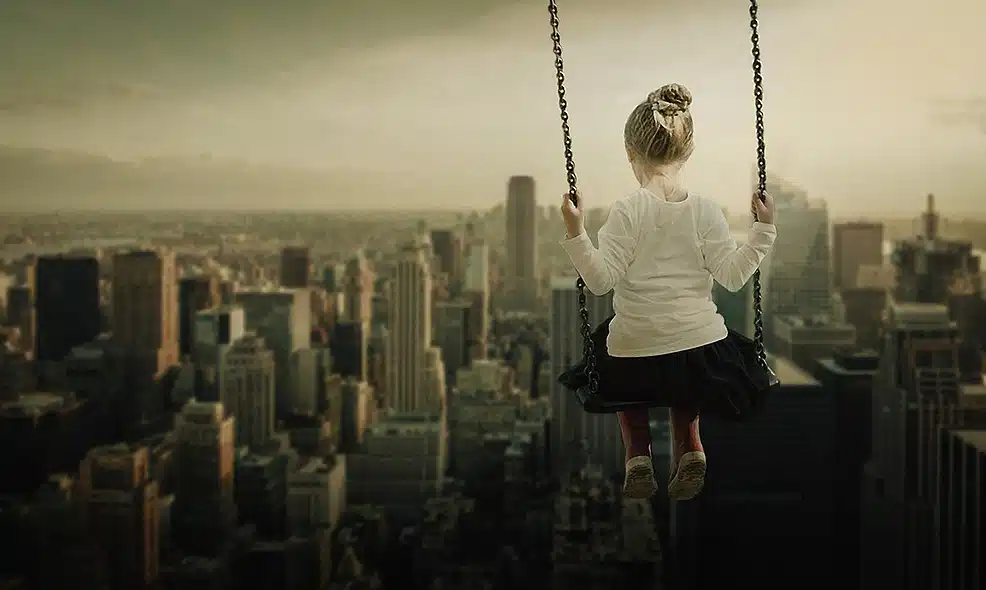 Is there a another myth?
Is there a another myth?
When we think of human history and the evolution of our consciousness we encounter two opposing narratives.
The first one is the myth of progress describing our evolution as a long heroic journey from a primitive existence of dark ignorance, suffering and limitations to a modern world of ever increasing knowledge, liberation and prosperity.
The second one is the myth of ‘the fall’ that sees our evolution as a gradual and tragic separation from an original stat of harmonious oneness with nature and the spiritual dimension of life.
As we open our eyes to the immense suffering happening today (due to extreme climate events, war, pollution, sickness, etc) we can surely refute the first myth as a less than complete truth. We might not deny extraordinary privileges and comforts like driving a car to visit a relative in the other side of the country or to be treated in a well-equipped clinic after a terrible accident. Nonetheless, this is not available for the whole population and it all comes with a very high price from nature.
Then, is the second narrative more accurate?
Here it is interesting to contemplate the notion of mystical participation, originally offered by the French philosopher Lévy-Bruhl, and reintroduced by Carl Jung.
Jung states, “the further we go back into history, the more we see personality disappearing beneath the wrappings of collectivity. And if we go right back to primitive psychology, we find absolutely no trace of the concept of an individual. Instead of individuality we find only collective relationship or what Lévy-Bruhl calls participation mystique.”
This mystical participation was shared not only with all of humanity, but also with the natural world. We have glimpses of this when we see people who live in remote locations go about their day in close intimacy with the elements, the animals, and with each other.
Nonetheless, it feels naïve to think that life before the civilized world was idyllic. There are plenty of historical tales of droughts, floods, slavery, scarcity, war, migrations, etc.
Plus, we have already accepted the distance between I, the observer, from all else, the observed.
So, what do we do? Is there a better narrative?
I see that we are in before two enormous tasks:
First, in our soulless materialistic and scientific era we must recover our soul –which means that we re-embrace the spiritual dimension. Second, with our spiritual and ethical values firmly at hand, we must discern what is really sustainable going forward and when we are just shooting ourselves in the foot, unable to co-create a healthy destiny.
I pray that we can do both!
Marcela Lobos

